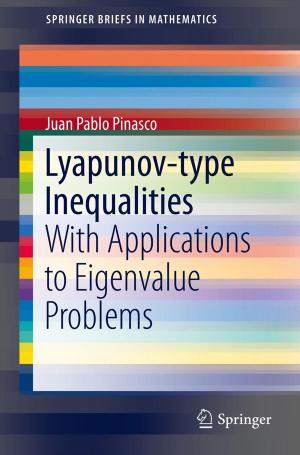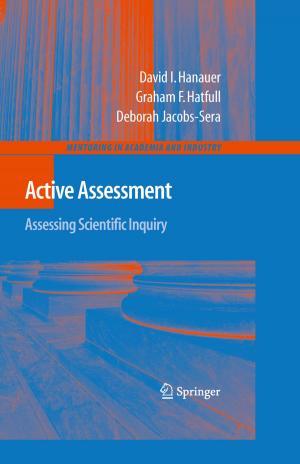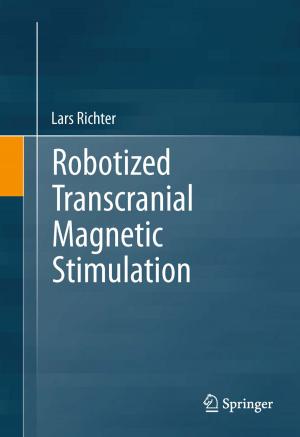Epistemic Governance in Higher Education
Quality Enhancement of Universities for Development
Nonfiction, Reference & Language, Education & Teaching, Administration, Business & Finance, Management & Leadership, Planning & Forecasting| Author: | Elias G. Carayannis, David F. J. Campbell | ISBN: | 9781461444183 |
| Publisher: | Springer New York | Publication: | July 10, 2012 |
| Imprint: | Springer | Language: | English |
| Author: | Elias G. Carayannis, David F. J. Campbell |
| ISBN: | 9781461444183 |
| Publisher: | Springer New York |
| Publication: | July 10, 2012 |
| Imprint: | Springer |
| Language: | English |
“Epistemic governance” refers to the cognitive and knowledge-related paradigms that underlie a social system. In this volume, the authors apply the concept to higher education. In a comprehensive review of recent literature, they define key terms and concepts, arguing that a good, effective and sustainable governance of higher education is not possible unless the epistemic structure and knowledge paradigms of higher education are addressed directly. Effective governance of academic institutions is particularly important, given their essential role in generating and disseminating knowledge. The authors consider the practical and policy implications of the epistemic approach for promoting quality assurance, quality enhancement, and quality management of higher education, and their impact on university administration and academic career development.
“Epistemic governance” refers to the cognitive and knowledge-related paradigms that underlie a social system. In this volume, the authors apply the concept to higher education. In a comprehensive review of recent literature, they define key terms and concepts, arguing that a good, effective and sustainable governance of higher education is not possible unless the epistemic structure and knowledge paradigms of higher education are addressed directly. Effective governance of academic institutions is particularly important, given their essential role in generating and disseminating knowledge. The authors consider the practical and policy implications of the epistemic approach for promoting quality assurance, quality enhancement, and quality management of higher education, and their impact on university administration and academic career development.















